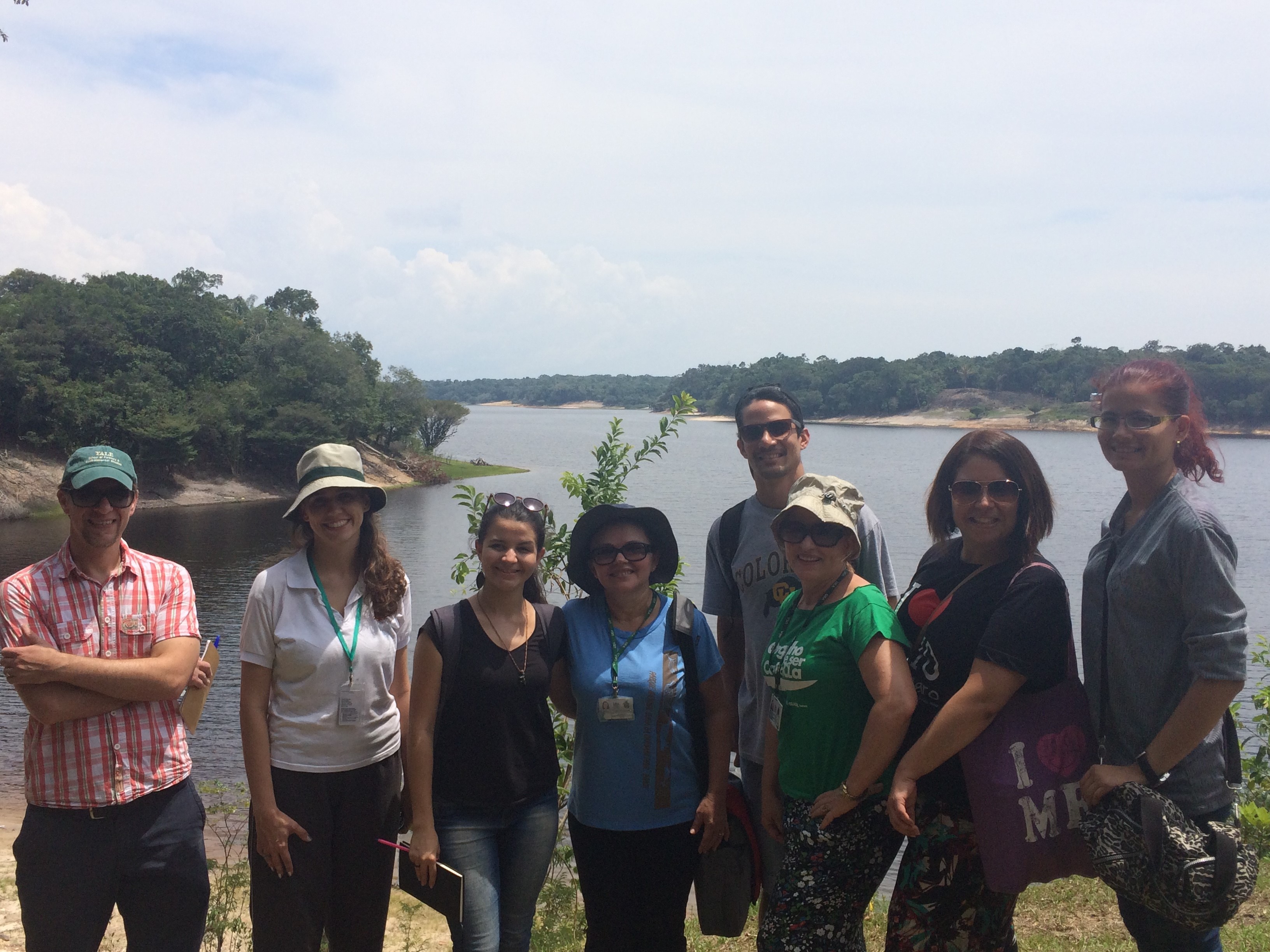
Dr Charles Palmer (LSE), Liane Lima (FAS), Tifany Farias (UEA), Dr Vilma de Araújo (UEA), Alexandre Godeau (UEA), Dr Edilza Laray de Jesus (UEA), Dr Grace Iara Souza (LSE), Catarina França (UEA). Nov 2017.
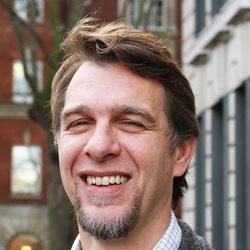
Dr Charles Palmer
c.palmer1@lse.ac.uk
Dr Palmer is the project’s Principal Investigator (PI). He is based at the LSE Department of Geography and Environment since 2009. He holds a BA in Biological Sciences from Oxford University, an MSc in Environmental and Resource Economics from University College London and a PhD in Agricultural Economics from the University of Bonn, Germany. He primarily works in the fields of environmental and development economics, has published widely, and has worked for a number of international organisations including the United Nations Development Programme (UNDP) in New York, and the Center for International Forestry Research (CIFOR) in Indonesia. Dr Palmer’s research focuses on forest management and land-use in tropical countries in Africa, Central and South America.
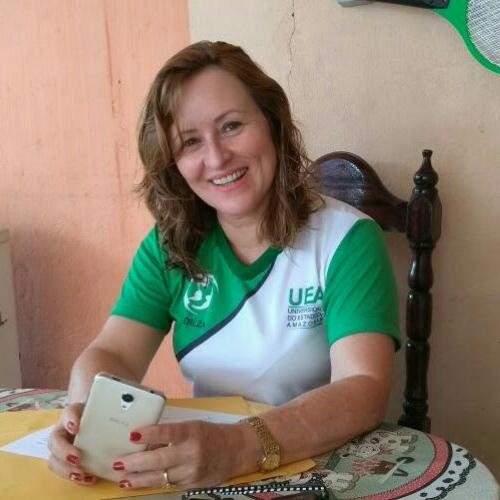
Dr Edilza Laray de Jesus
ejesus@uea.edu.br
Dr de Jesus is the leader investigator for the Brazilian team. She is member of the UEA’s Interdisciplinary Postgraduate Programme in Human Sciences (PPGICH), teaching courses on tourism, geography, and pedagogy since 2009. She is also the leader of a research group on Interdisciplinary Studies of Amazonian Culture (NEICAM) at the same institution. She holds a Bachelor degree in Geography, an MSc in Environmental Education and a PhD in Education.
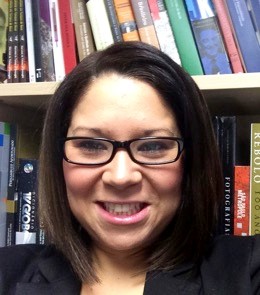 Dr Grace Iara Souza
Dr Grace Iara Souza
g.i.souza@lse.ac.uk
Dr Souza is the Research Officer, responsible for the overall management of the project, particularly the liaison between all its stakeholders in the UK and Brazil. She is based at the LSE Department of Social Policy since 2017. She holds a BA in International Relations from the Laureate International University in São Paulo, an MA in Environmental Politics and Globalisation and a PhD in Political Ecology, both from King’s College London. For her PhD thesis, Dr Souza has conducted intensive fieldwork with riverine communities, protected area managers and NGO workers in the Lower River Negro region, where this research is taking place, and in the Brazilian Federal Capital. Her research focuses on human security and political ecologies of development, conservation and peasant societies, with particular interest on historical invisibility, agency, and forms of resistance, power dynamics, social policies and identities in Brazil and Latin America more broadly. Before coming to the LSE Grace has held teaching positions at SOAS and King’s College London. She is a Fellow of the High Education Academy and the co-founder of CLOSER, a multi-disciplinary and multi-institutional research group on Brazilian socio-environmental research.
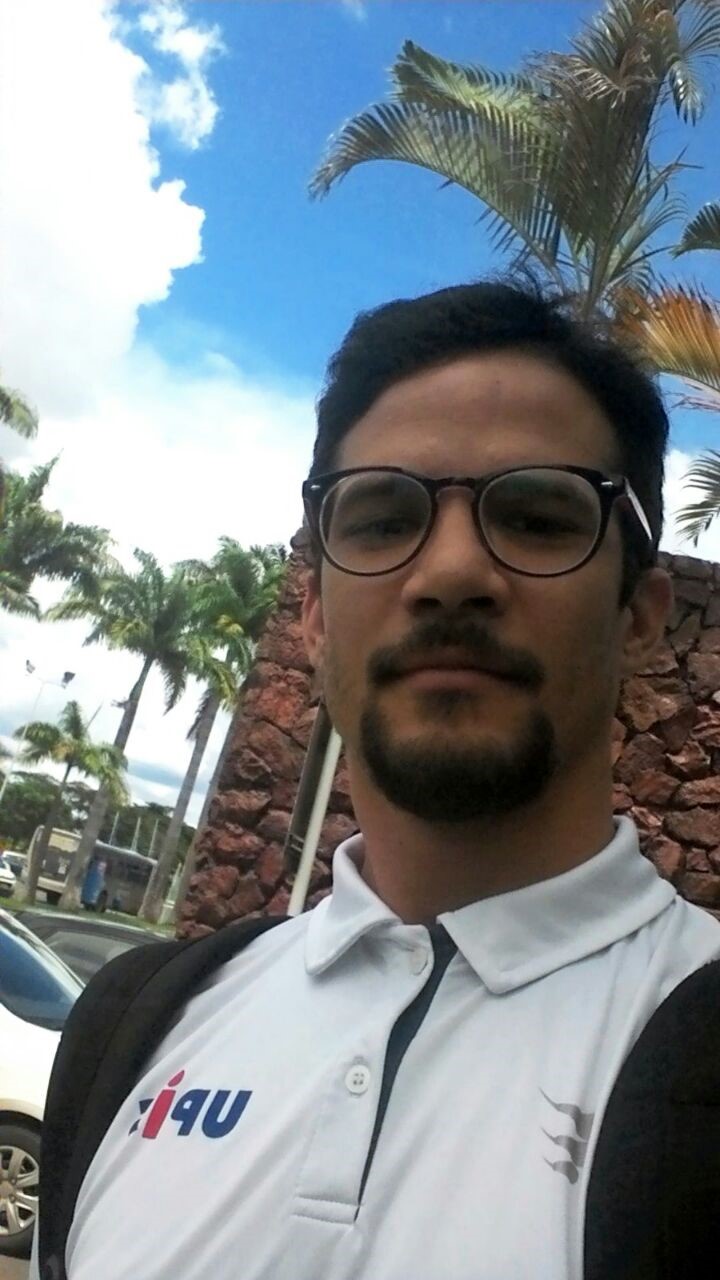 Alexandre Godeau Ferreira
Alexandre Godeau Ferreira
Alexandre is one of the scholarhip holders for the project. He is on his final year undergraduate in Tourism also at UEA. Previously, he has lived in the United Kindgom for two years. Upon his return to Brazil, he worked for the christian charity World Vision for three years, taking part in philanthropic missions to riverine communites to engage with rural development, environmental education, supporting rural teachers learning, agroecology and citizenship. He is hoping that this project will help building up his research skills to further his academic endevours.
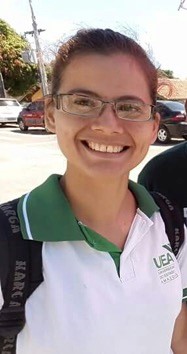 Catarina Gomes França
Catarina Gomes França
Catarina is a scholarship holder for the project. She is on her final year undergraduate course in Geography at UEA. She is training to be an university teacher and she is hoping that this project will help aid her understanding of different types of knowledge and learning, equipping her with first-hand awareness on the cultural and environmental diversity of riverine communities of Amazonas.

Tifany Montefusco Farias
Tifany is also a scholarship holder for the project. She is on her 2nd year undergraduate course in Tourism at UEA and is very enthusiast about conducting research with rural communities in Amazonas.